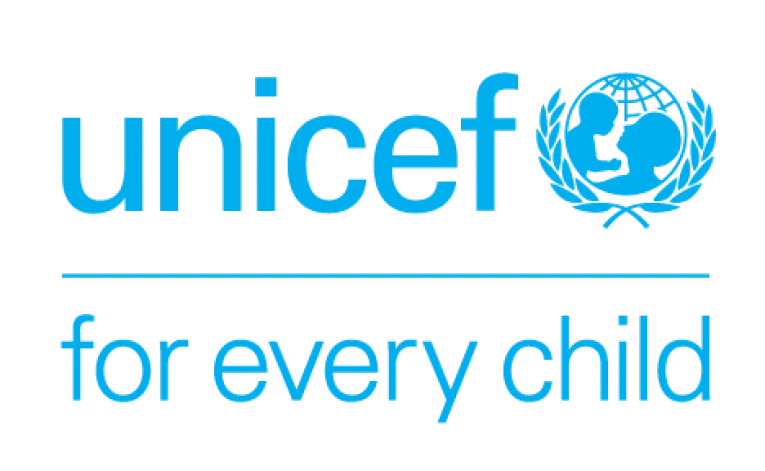UNICEF embraces blockchain in some processes to improve efficiency according to a news report by CoinDesk. UNICEF has received a donation from the Ethereum Foundation and is hoping to track its own using Blockchain.
Plans are in place to allow non-profit UNICEF to use cryptocurrencies donated by the Ethereum Foundation and other organizations to fund internet connectivity in public schools around the world.
Announced at the ethereum developer conference Devcon, UNICEF unveiled a cryptocurrency fund to receive, hold, and distribute bitcoin and ether donations .
Making the first contributions to UNICEF’s Crypto Fund, the Ethereum Foundation donated 1 BTC and 100 ETH, collectively worth roughly $25,000 USD. UNICEF embraces blockchain in some processes after the donation.
According to UNICEF blockchain lead Christina Lomazzo and head of UNICEF Ventures, Chris Fabian, the funds will initially go towards providing and improving internet access in public schools around the world as part of an ongoing initiative called Project Connect.
“Paying for school connectivity, seeing a light go on for a school [on the Project Connect map] and being able to record that on a ledger … this gives you a full cycle [of accountability],” said Fabian, adding:
“I don’t know many other things that can show the power of a truly distributed financial system in that way.”
Already the governments of Sierra Leone, Kazakhstan, Kyrgyzstan, and Kenya have shown interest in Project Connect and its blockchain-based system for internet connectivity payments.
Digital payments, according to Fabian, are the way of the future for UNICEF and its parent organization, the United Nations.
“We spent the last two years building up this capacity [of setting up a crypto fund],” said Fabian. “We’re sharing that capacity with other [UN] organizations so they don’t have to do the same legal and finance work we did.”
“We are still discussing the details on what we can do together, but we have decided to continue support for the next couple of years,” said Ethereum Foundation Director Aya Miyaguchi. “I believe a partnership with a group like UNICEF can maximize our impact without shifting our focus from what we still need to do to improve Ethereum as a technology.”
The foundation donated roughly $150,000 worth of bitcoin and ether the UNICEF’s experimental crypto fund in October 2019. Since then, the UNICEF Kazakhstan office has developed an ethereum-based system for processing internal payments, such as sending funds from the UNICEF headquarters to people running a local education program.
“We can see now clearly it’s operational and it’s great for the organization. So we will continue to work on that,” said UNICEF partnership specialist Oleksandra Gaskevych. “We only have used ethereum so far, for smart contracts. We’re thinking maybe we could test bitcoin as well for digital currency transfers, so we’ll see.”
The Kazakhstan-based team is still putting a few finishing touches on the smart contract platform, because UNICEF budgets require multiple signatures from people with varying degrees of clearance. Today, a significant amount of office paperwork still involves people double-checking expenditures by hand. So this new digital process is much more efficient.



